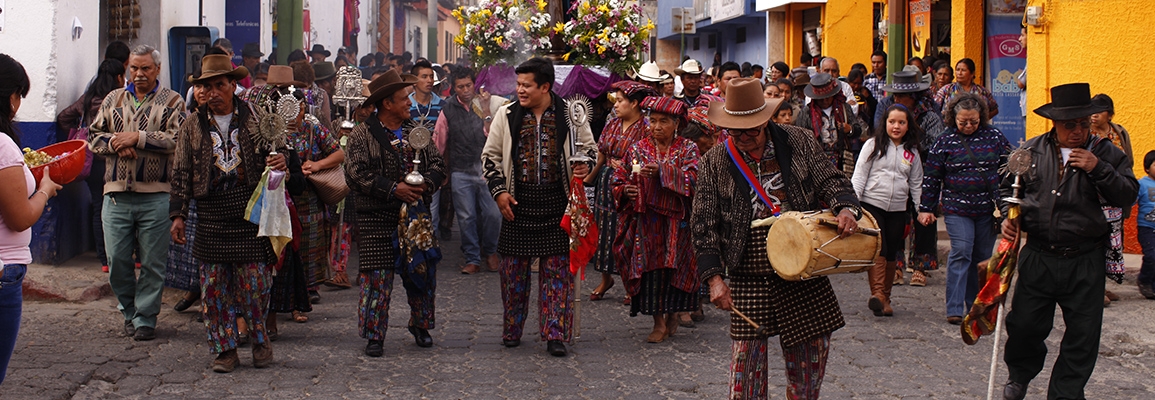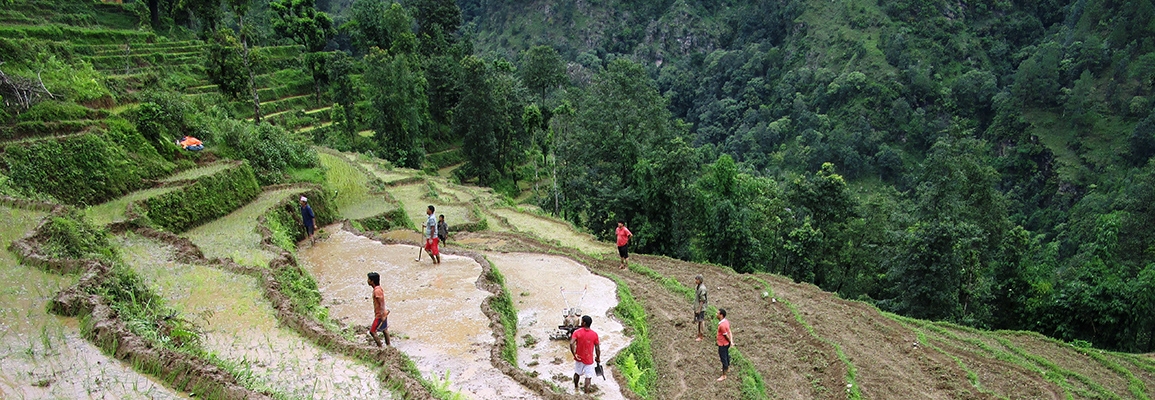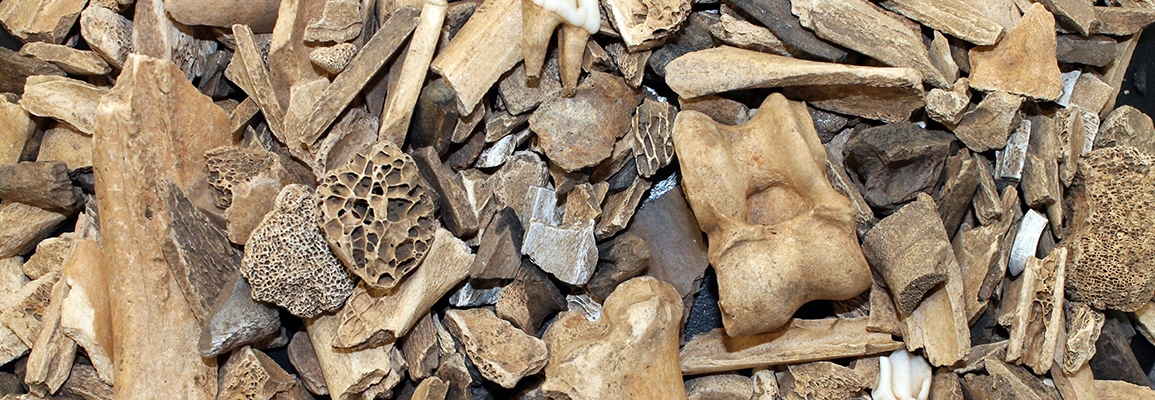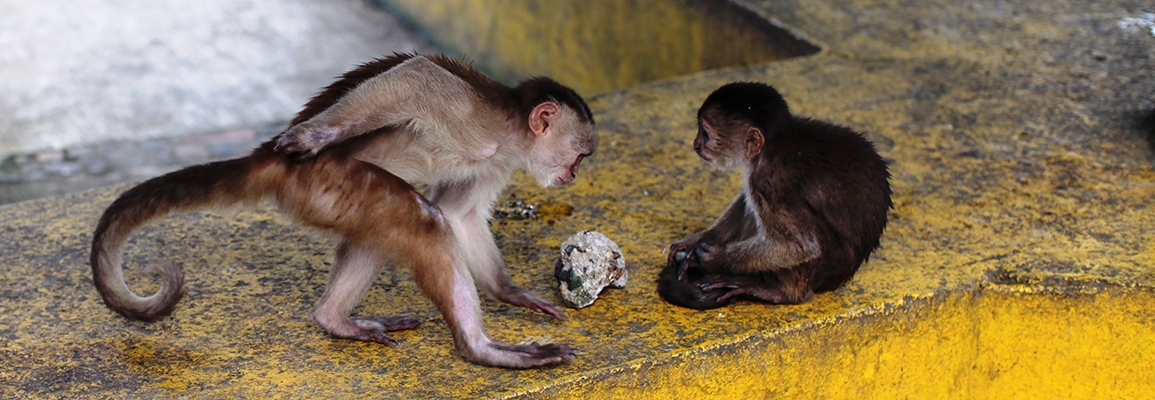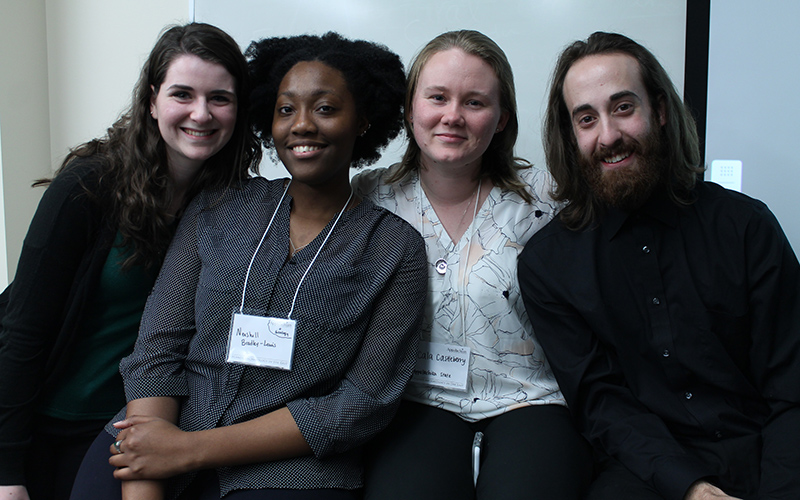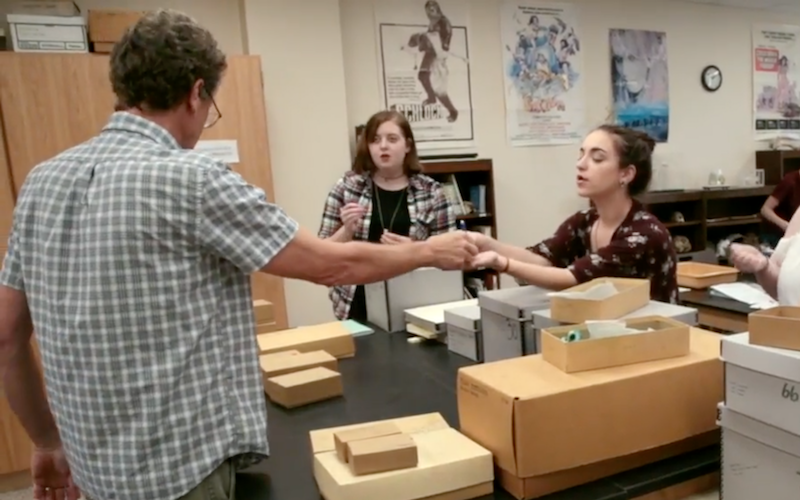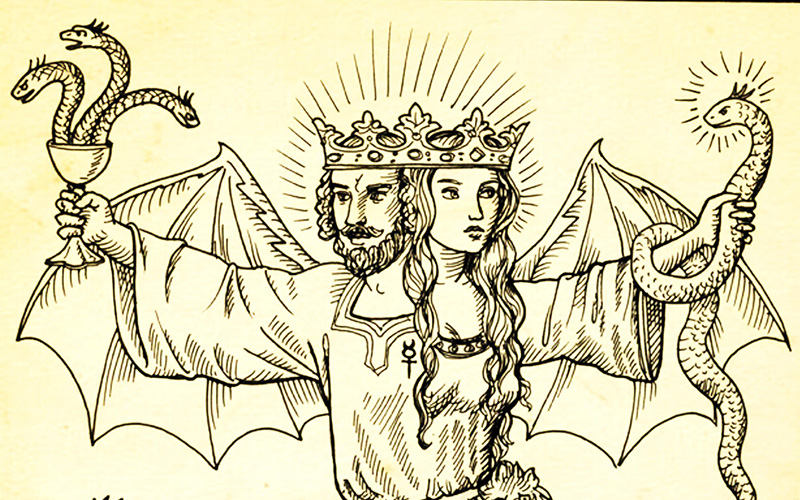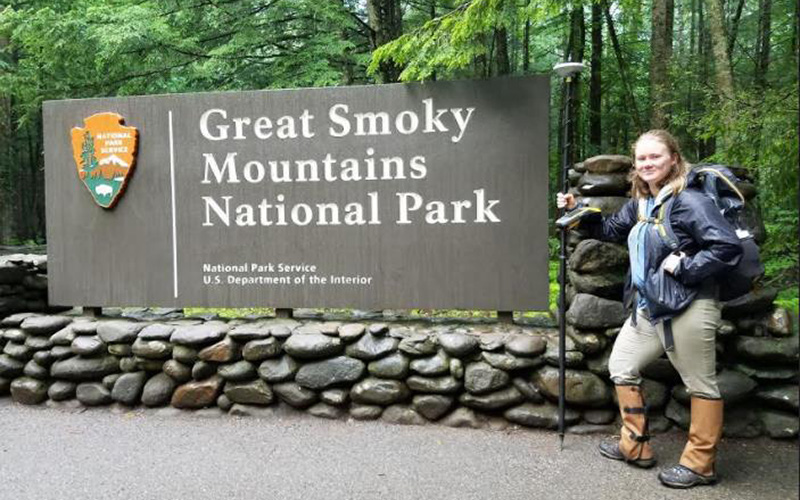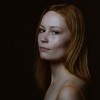As one of the largest undergraduate-only anthropology departments in the United States, we embrace a comparative and holistic approach to studying the human experience. Through the anthropological perspective, we delve into the origins and meaning of physical and cultural diversity in the world, spanning across the past, present, and future.
Our program in anthropology offers a unique opportunity to comprehend global affairs and address societal challenges within the broader context of the human experience. Cultural anthropologists within our department explore the practices, beliefs, and identities of individuals, both within and beyond the United States. Topics such as power, inequality, and social praxis are central to our investigations.
Archaeologists in our program specialize in unraveling the material culture of past societies, reconstructing their traditions and practices. By understanding the past, we gain valuable insights that aid our comprehension of the present. Biological anthropologists, on the other hand, focus on primate evolution, behavioral ecology, human biological variation, biocultural adaptations, bioarchaeology, and human paleontology. Together, we strive to unravel the diverse range of human societies, both past and present.
Why study anthropology? This question lies at the heart of our program. By choosing to study anthropology, you embark on a journey of exploration and understanding, equipping yourself with invaluable skills and knowledge. Through engaging coursework, immersive field experiences, and collaborative research opportunities, you'll develop a profound appreciation for the intricacies of human societies, past and present. Join us as we unravel the tapestry of human diversity and contribute to finding meaningful solutions to real-world problems.
News & Events
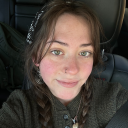
SAFE Student Spotlight: Josie Patch
Patch received a Spring 2023 Student and Faculty Excellence (SAFE) grant to cover hotel expenses while she conducted fieldwork in Robeson County for a...
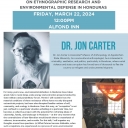
Talk: On Ethnographic Research and Environmental Defense in Honduras
Dr. Jon Carter to give guest lecture at Rollins College: On Ethnographic Research and Environmental Defense in HondurasFor many years now, environment...
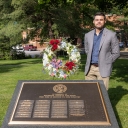
Marine Corps veteran, Dr. Seth Grooms, lays wreath for App State’s Memorial Day commemoration
Assistant Professor of Anthropology and Marine Corps veteran, Dr. Seth Grooms, was selected to lay wreath at this year's Memorial Day commemoration....
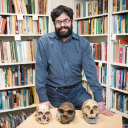
Dr. Marc Kissel contributes to new study funded by National Geographic Society
WASHINGTON, D.C. — In their search to understand human origins, National Geographic Explorer in Residence and world-renowned paleoanthropologist&nbs...
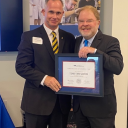
Dr. Timothy J. Smith completes one year fellowship at UNC Executive Leadership Institute
Dr. Timothy J. Smith is one of 24 University of North Carolina System employees who recently completed a one year fellowship at the University of Nort...
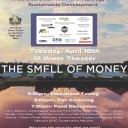
Spring Sustainability Film Series: THE SMELL OF MONEY
Spring Sustainability Film Series: THE SMELL OF MONEYPresented by the Office of Sustainability in collaboration with Anthropology and Sustainabl...
Alumni spotlights
-
Lindsay Wetmore-Arkader
"Upon completing my undergraduate degree in Anthropology at Appalachian I worked as clinical support for Planned Parenthood of Greater NC before taking my first academic position at Wake Forest University School of Medicine in rural health."
Faculty spotlights
-
Dr. Susan Keefe receives award from North Carolina Genealogical Society for Excellence
Dr. Susan Keefe has received an award from the North Carolina Genealogical Society for Excellence for her book Junaluska: Oral Histories of a Black Appalachian Community (McFarland 2020).
Student spotlights
-
Makenzie Cash, Biological Anthropology major
Makenzie Cash is a third-year Biological Anthropology student and notably, a primatology enthusiast. However, she first came into interest with non-human primates by thinking about what it means to be a human. After encountering situations of interpersonal violence and sexual assault, Makenzie began to inquire about human experience and what defines it, primarily because of the dehumanizing effects that trauma can have. This lead to her first interest in anthropology to be forensic anthropology, so she began taking classes in Biological Anthropology.
